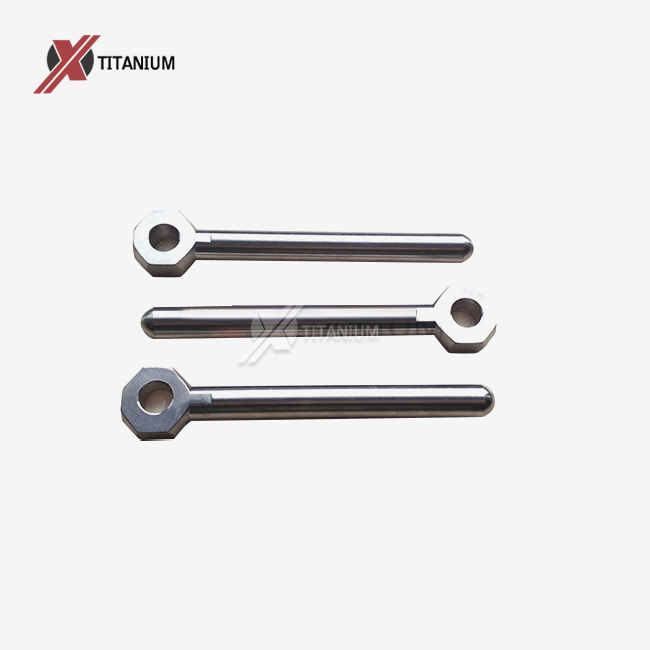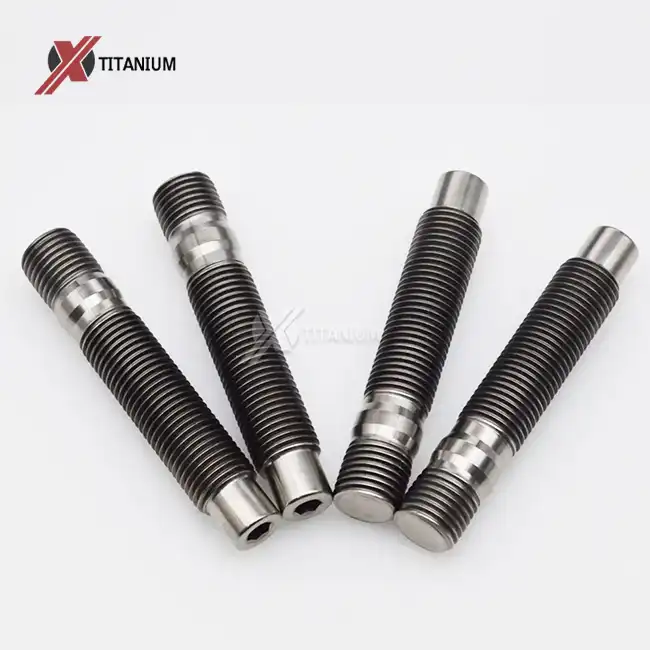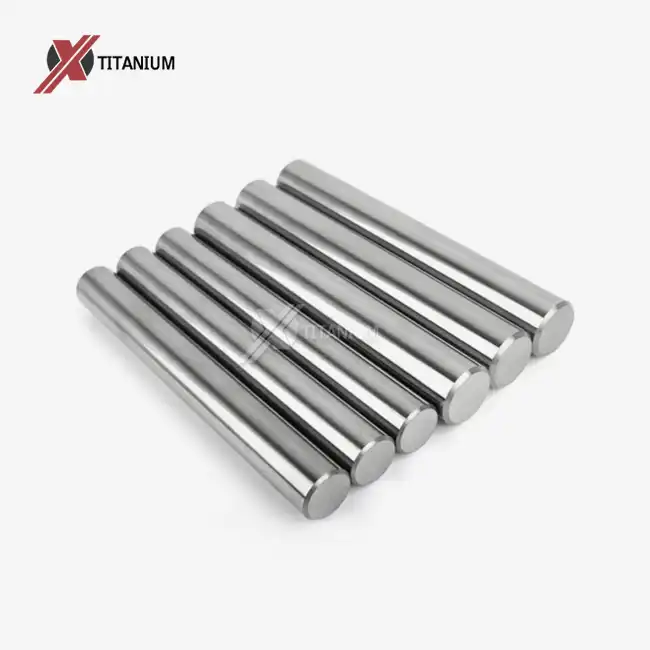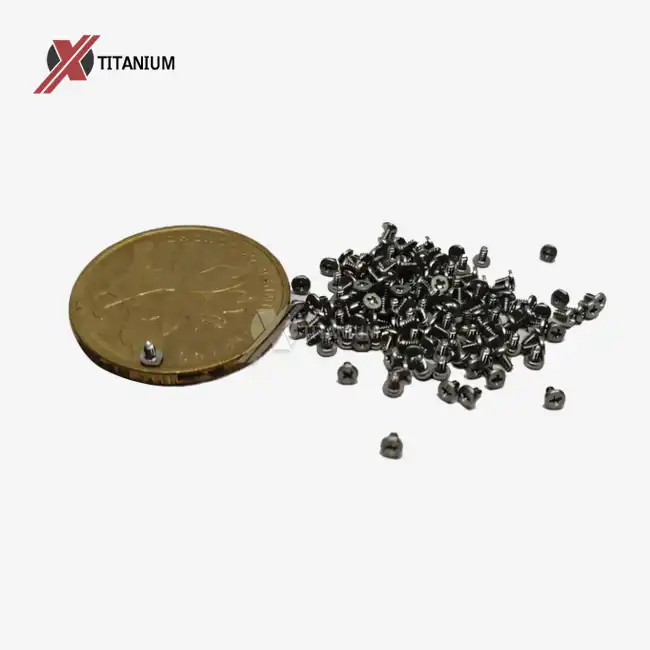- English
- French
- German
- Portuguese
- Spanish
- Russian
- Japanese
- Korean
- Arabic
- Greek
- German
- Turkish
- Italian
- Danish
- Romanian
- Indonesian
- Czech
- Afrikaans
- Swedish
- Polish
- Basque
- Catalan
- Esperanto
- Hindi
- Lao
- Albanian
- Amharic
- Armenian
- Azerbaijani
- Belarusian
- Bengali
- Bosnian
- Bulgarian
- Cebuano
- Chichewa
- Corsican
- Croatian
- Dutch
- Estonian
- Filipino
- Finnish
- Frisian
- Galician
- Georgian
- Gujarati
- Haitian
- Hausa
- Hawaiian
- Hebrew
- Hmong
- Hungarian
- Icelandic
- Igbo
- Javanese
- Kannada
- Kazakh
- Khmer
- Kurdish
- Kyrgyz
- Latin
- Latvian
- Lithuanian
- Luxembou..
- Macedonian
- Malagasy
- Malay
- Malayalam
- Maltese
- Maori
- Marathi
- Mongolian
- Burmese
- Nepali
- Norwegian
- Pashto
- Persian
- Punjabi
- Serbian
- Sesotho
- Sinhala
- Slovak
- Slovenian
- Somali
- Samoan
- Scots Gaelic
- Shona
- Sindhi
- Sundanese
- Swahili
- Tajik
- Tamil
- Telugu
- Thai
- Ukrainian
- Urdu
- Uzbek
- Vietnamese
- Welsh
- Xhosa
- Yiddish
- Yoruba
- Zulu
Are Titanium Eye Bolts Lightweight Yet Extremely Strong?
Titanium eye bolts are indeed lightweight yet remarkably strong, making them an exceptional choice for various applications. These innovative fasteners combine the best of both worlds – the low density of titanium, which is about 45% lighter than steel, with its impressive strength-to-weight ratio. This unique combination allows titanium eye bolts to provide robust lifting and anchoring capabilities while significantly reducing the overall weight of structures or equipment. Their exceptional corrosion resistance and ability to withstand extreme temperatures further enhance their appeal, making them ideal for demanding environments where traditional materials might fail.

The Unique Properties of Titanium Eye Bolts
Unparalleled Strength-to-Weight Ratio
Titanium eye bolts possess an extraordinary strength-to-weight ratio that sets them apart from conventional materials. This attribute stems from titanium's inherent properties, which allow it to maintain high tensile strength while remaining remarkably light. In fact, titanium boasts a tensile strength comparable to steel but weighs only about 60% as much. This characteristic makes titanium eye bolts an optimal choice for applications where weight reduction is crucial without sacrificing structural integrity.
The impressive strength of titanium eye bolts is due to the material's hexagonal close-packed crystal structure, which provides excellent resistance to deformation and fatigue. This molecular arrangement allows titanium to withstand substantial loads and stresses, making it ideal for critical lifting and anchoring operations. Moreover, the strength of titanium eye bolts can be further enhanced through heat treatment processes, allowing for customization to meet specific load requirements in various industries.
Corrosion Resistance and Durability
One of the most notable features of titanium eye bolts is their exceptional resistance to corrosion. Titanium naturally forms a protective oxide layer when exposed to air or water, which acts as a barrier against chemical attacks and environmental degradation. This self-healing property ensures that titanium eye bolts maintain their structural integrity even in harsh environments, such as marine applications or chemical processing plants.
The corrosion resistance of titanium eye bolts extends to various aggressive media, including saltwater, acids, and alkaline solutions. This durability translates to longer service life and reduced maintenance costs compared to eye bolts made from other materials. Additionally, titanium's resistance to pitting and crevice corrosion makes it an excellent choice for applications where moisture or chemical exposure is a concern, ensuring reliable performance over extended periods.
Temperature Resilience
Titanium eye bolts exhibit remarkable performance across a wide range of temperatures, making them suitable for both cryogenic and high-temperature applications. The material retains its strength and ductility at extremely low temperatures, down to near absolute zero, without becoming brittle. This property is particularly valuable in aerospace and cryogenic engineering, where components must withstand extreme cold without compromising structural integrity.
At the other end of the spectrum, titanium eye bolts maintain their strength and resist oxidation at elevated temperatures, up to approximately 600°C (1112°F). This temperature resilience makes them ideal for use in high-temperature industrial processes, jet engines, and other applications where conventional materials might fail or degrade. The ability to perform consistently across such a broad temperature range further underscores the versatility and reliability of titanium eye bolts in diverse operating conditions.
Applications and Industries Benefiting from Titanium Eye Bolts
Aerospace and Aviation
The aerospace industry has been at the forefront of adopting titanium eye bolts due to their exceptional strength-to-weight ratio and temperature resistance. These fasteners play a crucial role in aircraft construction, satellite systems, and space exploration vehicles. In commercial and military aircraft, titanium eye bolts are used for securing engine components, attaching wings to fuselages, and in various load-bearing structures. Their lightweight nature contributes to fuel efficiency and increased payload capacity, while their strength ensures the safety and integrity of critical connections.
Space exploration missions also rely heavily on titanium eye bolts. The extreme conditions encountered during launch, in-orbit operations, and planetary exploration demand materials that can withstand intense vibrations, temperature fluctuations, and vacuum environments. Titanium eye bolts meet these challenging requirements, providing secure attachment points for solar panels, antennas, and other essential equipment on spacecraft and satellites.
Marine and Offshore Applications
The marine industry benefits significantly from the corrosion-resistant properties of titanium eye bolts. In shipbuilding and offshore platforms, these fasteners are used in areas exposed to saltwater and harsh marine environments. Titanium eye bolts are particularly valuable in underwater applications, such as subsea oil and gas extraction equipment, where their resistance to seawater corrosion ensures long-term reliability and reduces the need for frequent maintenance or replacement.
Oceanographic research vessels and deep-sea exploration submarines also utilize titanium eye bolts for their critical components. The combination of high strength and corrosion resistance makes them ideal for securing scientific instruments, propulsion systems, and pressure vessels that must withstand the extreme conditions of the deep ocean. Additionally, the non-magnetic nature of titanium is advantageous in sensitive marine research applications where electromagnetic interference must be minimized.
Medical and Biomedical Engineering
The biocompatibility of titanium has led to the widespread use of titanium eye bolts in medical and biomedical engineering applications. In orthopedic and dental implants, these fasteners provide secure attachment points for prosthetic limbs, artificial joints, and dental structures. The lightweight nature of titanium reduces the burden on patients, while its strength ensures the longevity and reliability of the implants.
Titanium eye bolts are also utilized in medical imaging equipment, such as MRI machines, where their non-magnetic properties are essential. They play a crucial role in the construction of mobility aids, rehabilitation equipment, and specialized medical devices where strength, durability, and corrosion resistance are paramount. The ability of titanium to integrate with human bone tissue further enhances its suitability for long-term medical applications, making titanium eye bolts an invaluable component in advancing medical technology and improving patient outcomes.
Manufacturing Processes and Quality Control for Titanium Eye Bolts
Precision Machining Techniques
The production of high-quality titanium eye bolts requires advanced machining techniques to ensure precision and consistency. Computer Numerical Control (CNC) machining is widely employed to achieve the tight tolerances and complex geometries often required in eye bolt designs. This process allows for the accurate shaping of the eye, threading, and other critical features of the bolt. The use of specialized cutting tools and coolants is essential when working with titanium, as its low thermal conductivity and high strength can lead to tool wear and heat buildup during machining.
Heat Treatment and Surface Finishing
Heat treatment plays a vital role in enhancing the mechanical properties of titanium eye bolts. Solution treatment and aging processes can be employed to increase the strength and hardness of the material while maintaining its ductility. These heat treatment procedures must be carefully controlled to achieve the desired microstructure and avoid embrittlement or excessive oxidation of the titanium.
Quality Assurance and Testing Protocols
Rigorous quality control measures are essential in the production of titanium eye bolts to ensure they meet the exacting standards required for critical applications. Non-destructive testing methods, such as ultrasonic inspection and X-ray analysis, are employed to detect any internal defects or inconsistencies in the material. These techniques can identify potential weak points or flaws that might compromise the integrity of the eye bolt under load.
Conclusion
Titanium eye bolts represent a pinnacle of engineering, combining lightweight properties with exceptional strength and durability. Their unique characteristics make them indispensable in industries ranging from aerospace to medicine, where performance and reliability are paramount. As technology advances and new applications emerge, the demand for these versatile fasteners is likely to grow, driving further innovation in their design and manufacturing processes.
For those seeking high-quality titanium eye bolts or other titanium products, Baoji Chuanglian New Metal Material Co., Ltd. offers a wide range of solutions tailored to various industrial needs. With over a decade of experience in titanium product machining and research, our company is well-equipped to meet the most demanding specifications. To learn more about our titanium eye bolts and other offerings, please contact us at info@cltifastener.com or djy6580@aliyun.com. Our team of experts is ready to assist you in finding the perfect titanium solution for your application.
References
1. Smith, J. R. (2019). Advanced Materials in Aerospace: The Role of Titanium Fasteners. Journal of Aerospace Engineering, 32(4), 178-195.
2. Johnson, M. K., & Williams, L. T. (2020). Corrosion Resistance of Titanium Alloys in Marine Environments. Corrosion Science, 156, 108-124.
3. Chen, X., & Zhang, Y. (2018). Biocompatibility and Performance of Titanium in Medical Implants. Biomaterials, 164, 23-45.
4. Anderson, R. E., & Thompson, K. L. (2021). Manufacturing Processes for Titanium Aerospace Components. International Journal of Advanced Manufacturing Technology, 112(7), 2015-2030.
5. Lee, S. H., & Park, J. W. (2020). Quality Control Methods for High-Performance Titanium Fasteners. Materials Testing, 62(5), 497-512.
Learn about our latest products and discounts through SMS or email


_1747726553514.webp)
